Parenting styles
One of the things I have noticed being frequently discussed in the media and online recently is parenting “styles”, in particular some conflicting parenting advice being targeted at parents of neurodivergent kids.
My concern is the number of parents online “diagnosing” other people’s kids with disorders such as pathological demand avoidance (PDA) and oppositional defiance disorder (ODD). PDA is not included in the DSM-5 (although many argue it is a distinct subtype of autism) and I advise parents to be wary when applying this label (or any label!) to a child, without appropriate professional guidance. PDA is defined as when an individual goes to great lengths to evade or ignore “demands.” Associated traits include mood swings, impulsivity, difficulty completing non-preferred tasks, strong need for control over their environment and avoidance of life demands. Sounds a bit like every neurodivergent kid I have ever met. In fact, lots of kids (and adults) tick these boxes. I don’t love this label, in particular - the term pathological! The biggest thing that jumps out at me when I work with these families is ANXIETY! So perhaps a better way of approaching this topic is to re-visit our understanding of anxiety. I link it back to Neuroception of safety (for more see HERE) and being able to co-regulate and manage emotions (a process that happens when a child feels safe with an adult, over time).
When our nervous system is out of synch and we do not feel safe we tend to become oppositional and avoid specific triggers or activities. Right? I know I do. Adults are perhaps better at hiding it (and can come up with cleverer excuses) but the underlying driver is often anxiety. A child who struggles with anxiety is often very controlling over their environment and will avoid demands or situations that will make them feel more anxious. They get “stuck” and tend to take the path that seems to solve the problem - “avoid”. The difficulty here is that while the problem may be solved short-term, avoidance tends to make things much more difficult over time.
Yet, anxiety is NOT a “pathology”. Anxiety gets a bad rap! Yes, anxiety disorders are real (and can be incredibly debilitating) – however anxiety itself is necessary and healthy. The fundamental job of anxiety is to keep us safe. So, despite being an unpleasant feeling, at times anxiety is “good”. We need anxiety to activate us quickly into fight, flight, or flee (if, for example, we spot a hyena out of the corner of our eye). A certain amount of anxiety means we check when we cross a road and question things that do not feel right. We also need to experience and feel anxiety to learn what is truly safe. So please do not assume that if you have a neurodivergent child you must protect them from anxiety.
There is also a lot of discussion around parenting techniques such as “gentle parenting” or “low-demand parenting”. The latter prioritizes the reduction of stress and anxiety and is based on parenting flexibly and in collaboration with your child. For some parents this can work, however, the big challenge is when this is misinterpreted as enabling your child to avoid all situations that cause anxiety or discomfort. This can very quickly make it difficult to do anything as a family or for a child to go to school. To add to the complexity are online parenting “influencers” promoting the idea that screen time can help neurodivergent children regulate emotions and decrease anxiety and that parents should not set boundaries around screen time. My experience is that -> anxiety + unlimited screen time + avoidance = the perfect storm and a life that is very tricky to navigate.
It is almost why I think of parenting neurodivergent kids as being “high-demand parenting”, “or maybe even “anxiety-provoking parenting”. Conditions such as ADHD and autism are dynamic, and the symptoms fluctuate. Sometimes our kids are “on”, and things seem relatively easy. On other days, emotion regulation is out the window, and nothing seems to work! Here is where we must have the skills to regulate and manage our own emotions to stop ourselves from falling into the vortex of complete chaos.
Keep in mind, that new parenting styles and “trends” are often not backed up by research. The terms used often make us feel guilty or as if we are doing something wrong. If am not a gentle parent, what kind of monster parent am I? The research in terms of what works and what parenting styles are associated with positive outcomes dates back to the 1960s when Diana Baumrind identified three main parenting styles (a fourth, neglectful parenting was later added). These are:
Authoritative parenting – parents are pragmatic and flexible - however they have clear boundaries. They are supportive and strongly encourage autonomy and independence. As the child becomes older, parents step back, and children are encouraged to be independent.
Indulgent parenting – also termed “permissive parenting”, parents are warm and attentive. There are few rules, and the parent prioritises being “friends” with their child.
Authoritarian parenting – parents are VERY rule-bound and tend to be strict, with high expectations and little flexibility around rules and regulations (of which there are a lot!). These parents have a high level of control.
Neglectful parenting – characterised by minimal rules and interaction. The basics such as food and shelter may be provided, but parents tend to be disengaged and there are very few rules in the home.
There have been thousands of studies on these key parenting styles – all coming to similar conclusions. An authoritative parenting style is associated with positive psychosocial behaviours and less aggression (1), increased life satisfaction and decreased mental health problems (2), greater emotional well-being, and decreased depressive symptoms (3). I could continue …!
An authoritative parenting style is just as relevant (maybe even more so) for neurodivergent kids. Yes, our kids march to the beat of their drums, yes lagging executive function skills make for a continued challenge and yes emotion regulation difficulties can throw the house into chaos. We learn quickly when to pick our battles yet also know that we need to set firm limits and that it is okay to say no. All kids respond well to nurturing, supportive, warm parents who can set limits. While it is important that we explain rules, reason, and discuss with our child - there will be times when we listen to our child’s viewpoint but do not accept it. Parents of neurodivergent kids are working extra hard and so are our kids – perhaps we are “high-demand parenting”? I don’t want ADHD, DLD, or OCD to be the labels that define our kids. They may need scaffolding and support, but with the right guidance, they do incredibly well. Part of parenting these kids is recognising our anxiety. It can be hard to let go and push our kids into anxiety-provoking or tricky situations – particularly when we know that they are lagging with certain skills. However, moving through that discomfort is often where real autonomy, independence, and growth occur. And this is when kids do extraordinarily well!!
So much to explore within this topic. Interested to hear your thoughts. What works well for you? And if you would like to explore the way these difficulties are impacting your life - I do provide 1:1 sessions, please see counselling.
References
1. Masud, H., et al. (2019). Parenting styles and aggression among young adolescents: a systematic review of literature. Community Mental Health Journal, 55: p. 1015-1030.
2. Wu, C. et al. (2021). Emotional intelligence and cognitive flexibility in the relationship between parenting and subjective well-being. Journal of Adult Development, 28: p. 106-115.
3. Chen, Y., et al. (2019). Positive parenting improves multiple aspects of health and well-being in young adulthood. Nature Human Behaviour, 3(7): p. 684-691.


